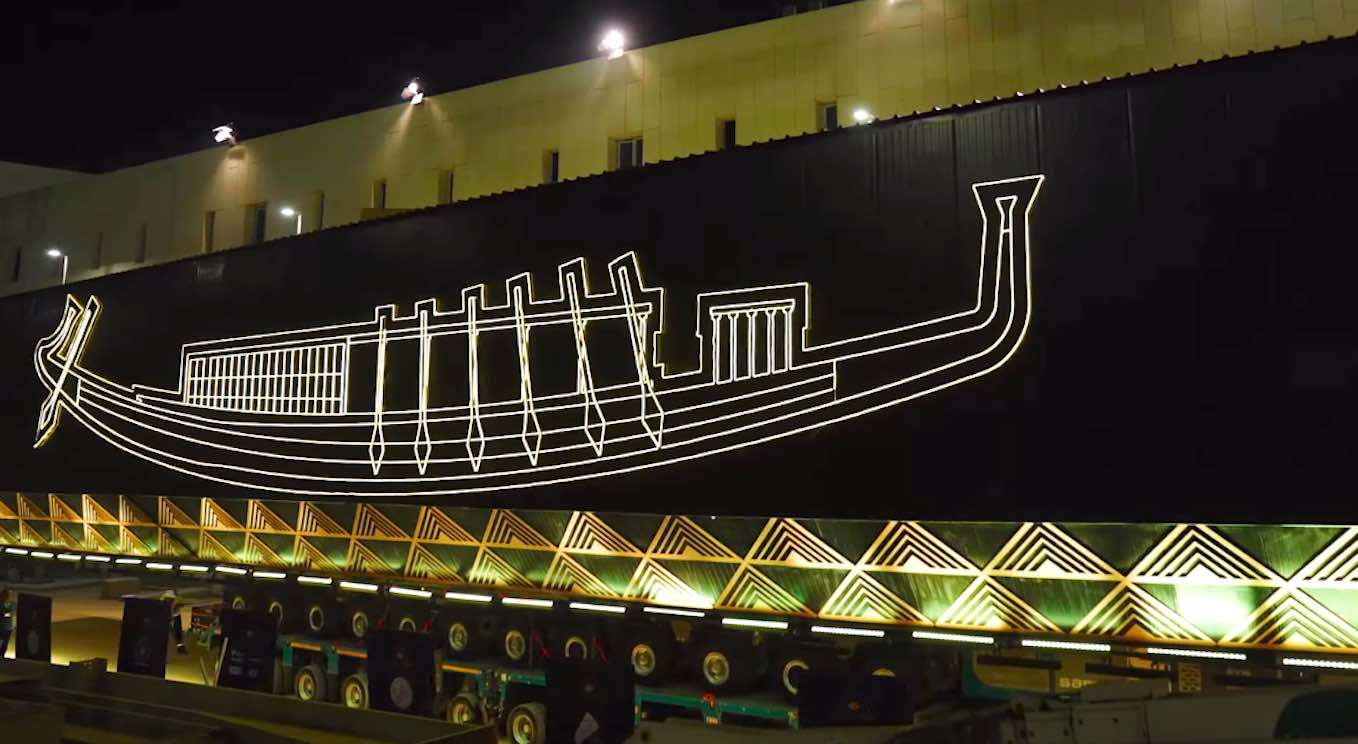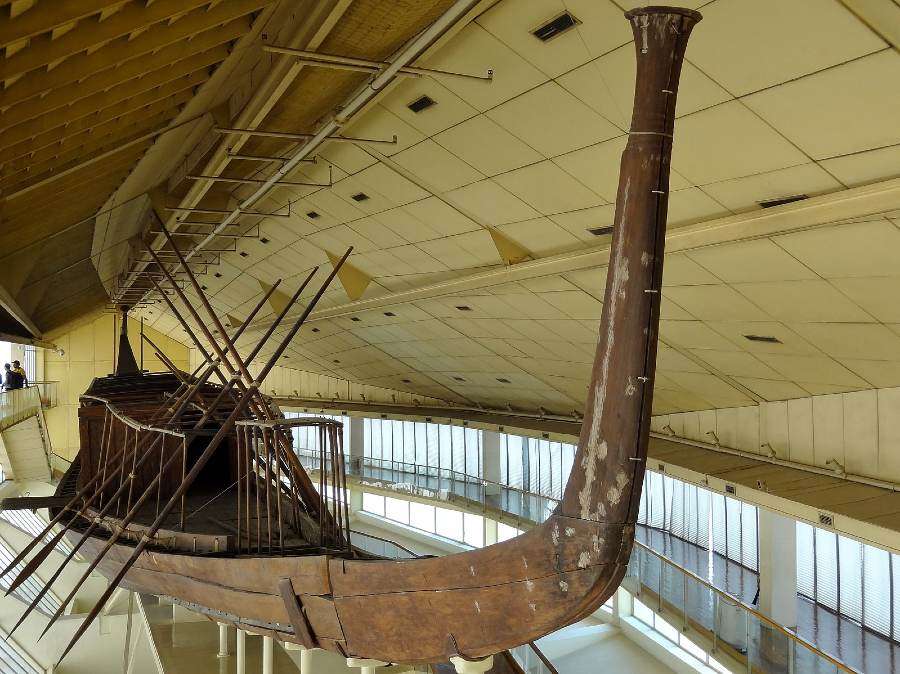'Recycle Your Electricals' Campaign Diverts 1,000 Computers to Those in Need, So Far
The Recycle your Electricals campaign has connected thousands of people with recycling points for old electronics, and donated a 1000 PCs.

Although it may not number amongst the seven ancient wonders of the world, the 4,600-year-old solar boat belonging to Egyptian Pharaoh Khufu is an amazing marvel of the ancient world nonetheless.
Last week, King Khufu's reassembled solar craft was moved intact to its new permanent location, the Grand Egyptian Museum, where it's sure to become a feature attraction among the museum's reported 100,000 artifacts when the venue opens to the public later this year.
Under the supervision of a team of engineers and archeologists, after being secured in a specially built, shock-absorbing container, the craft was ferried via a remote-controlled all-terrain vehicle for the five-mile, 10-hour journey from Giza to Cairo.
King Khufu ruled Egypt during the Fourth Dynasty (circa 2613 to 2494 BCE). In 1954, Egyptian archaeologist Kamal el-Mallakh uncovered the remains of the cedar-wood barque buried outside Khufu's royal tomb in the Pyramid of Cheops (a.k.a., the Great Pyramid), the largest of the three pyramids at Giza.
The craft itself was no longer intact when el-Mallakh made the discovery, however, having rested for centuries in a tightly sealed chamber, the wood from which it was built remained in surprisingly good condition.
Archaeologists toiled more than 20 months to painstakingly excavate the boat's 1,224 component fragments. Using methods as historically accurate as possible to those by which the ship was originally built, it was almost another 10 years before a crew of researchers and restorers were able to piece the puzzle back together.
Solar boats containing burial chambers were patterned after the mythical Barque of Ra, the Egyptian god revered as the embodiment of the Sun as it sailed the heavens from dawn to dusk each day.

While historians are unclear whether this particular boat was part of Khufu's working fleet or was built to facilitate the pharaoh's ascension from the mortal to the immortal plain, it was common practice to outfit Pharaohs' tombs with what the Egyptians believed to be the essentials of the afterlife-including transportation.
As reported by Reuters, The aim of the recent transportation project was "to protect and preserve the biggest and oldest organic artifact made of wood in the history of humanity for future generations," Egypt's Ministry of Tourism and Antiquities said in a statement.
And while that might not exactly be immortality, it's still a pretty fine legacy indeed.
(WATCH the video for this story below.)
UNEARTH the Good News for Pals-Share This Story With Them…
Be the first to comment